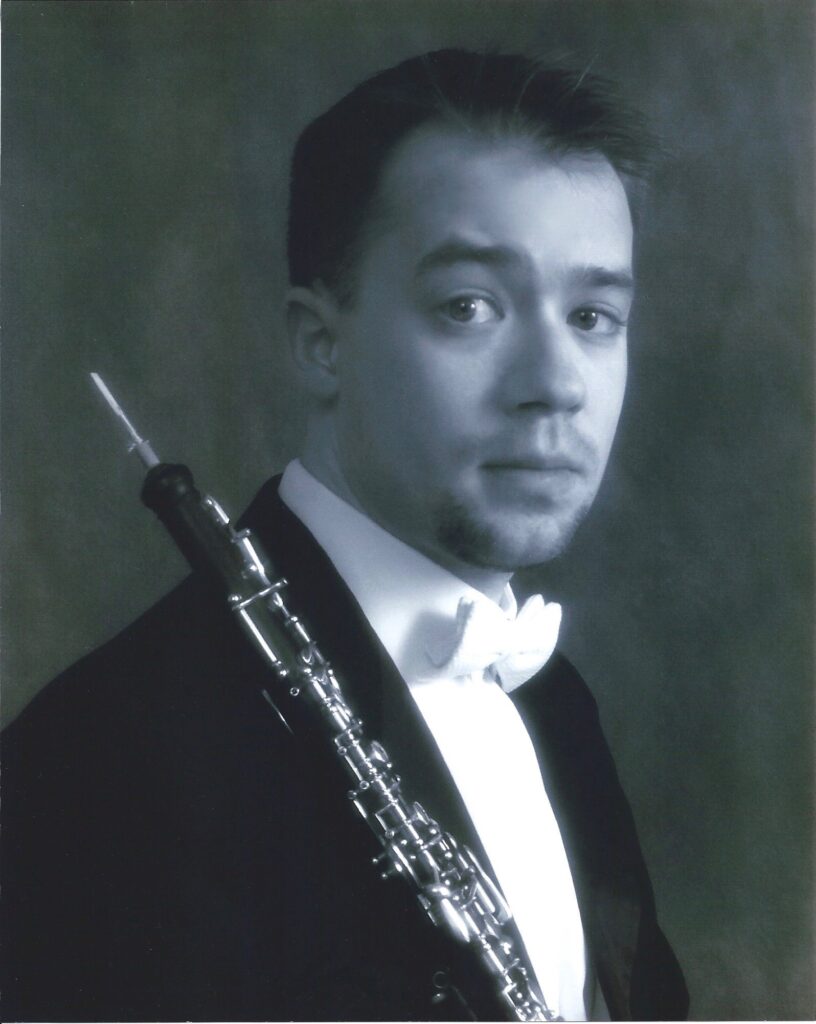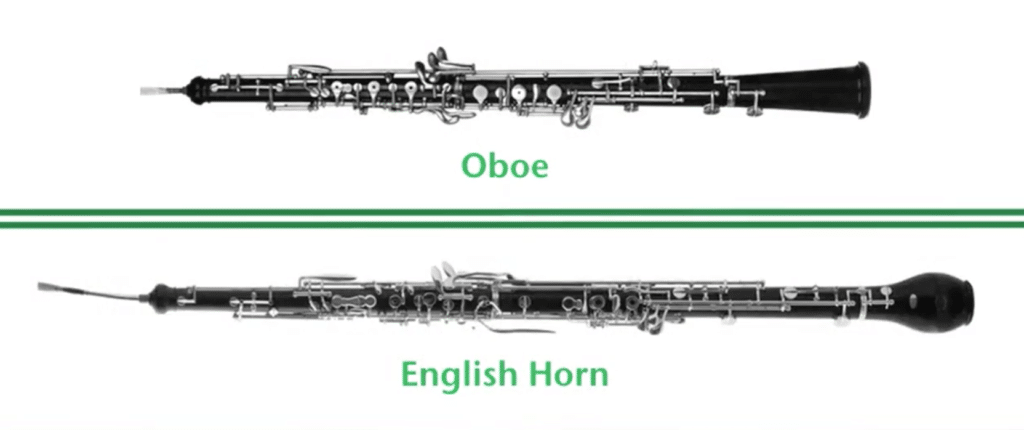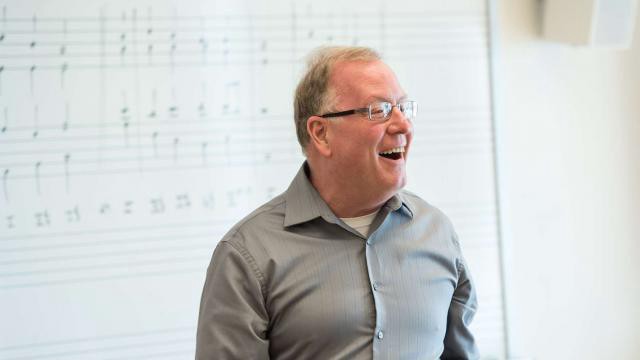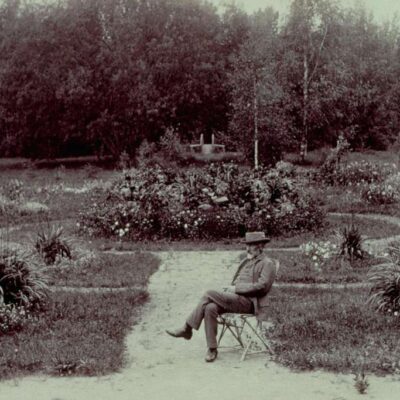
THE “ENGLISH HORN” IS THE STAR OF THE OPENING OF HECTOR BERLIOZ’ ROMAN CARNIVAL. CALIFORNIA SYMPHONY’S JAMES MOORE TELLS US MORE ABOUT THIS SOULFUL-SOUNDING, ENIGMATICALLY-NAMED COUSIN OF THE OBOE.
Can you tell us the difference between an English horn and an oboe? Do musicians tend to specialize in one or the other, or is it typical to learn to play both?

Playing English horn is a natural and sometimes necessary skill required of oboe players. No one begins on an English horn. In many ways, it is simply a larger oboe, with a deeper tone, and in a lower register. One could think of it as the alto among voice types, while the oboe would be the soprano. The fingerings are mostly identical to that of the oboe, however, it requires a different, larger double reed.
Why is it called an “English horn”?
Curiously, there’s nothing particularly English about it. The name comes from a mistranslation of the French anglé. Originally, the instruments were built with a curve or an angle (anglé) for ease of holding. Anglé became Anglais and we’ve been stuck with that name ever since. Most any oboist can pick up an English horn and play it with relative ease, but some people have a special affinity for it and dedicate their time to it.

What’s special about the sound of this instrument?
The English horn is a singular, often plaintive sound that many find haunting. It’s most frequently encountered these days in large orchestral works of the 19th Century (think William Tell Overture, New World Symphony), but music has been scored for it since the Baroque era.
Hector Berlioz wrote my favorite description of the English horn:
It is a melancholy, dreamy voice, dignified too, with a retiring, remote quality which makes it superior to every other instrument when it comes to arousing images and feelings of the past, or when the composer wants to pluck the secret string of memory.
Here’s Myung-Whun Chung conducting the Orchestre Philharmonique de Radio France in 2013, and that soulful English horn solo.
See James bring Roman Carnival Overture to life with the English Horn at the California Symphony’s FRESH INSPIRATIONS concert, May 20 and 21 at the Lesher Center for the Arts in Walnut Creek. Tickets are $49 to $79 and $20 for students 25 and under, and include a free 30-minute pre-concert talk starting one hour before the performance. Buy tickets online or call or visit the Lesher Center Ticket Office at 925.943.7469, Wed – Sun, 12:00 noon to 6:00 p.m.


